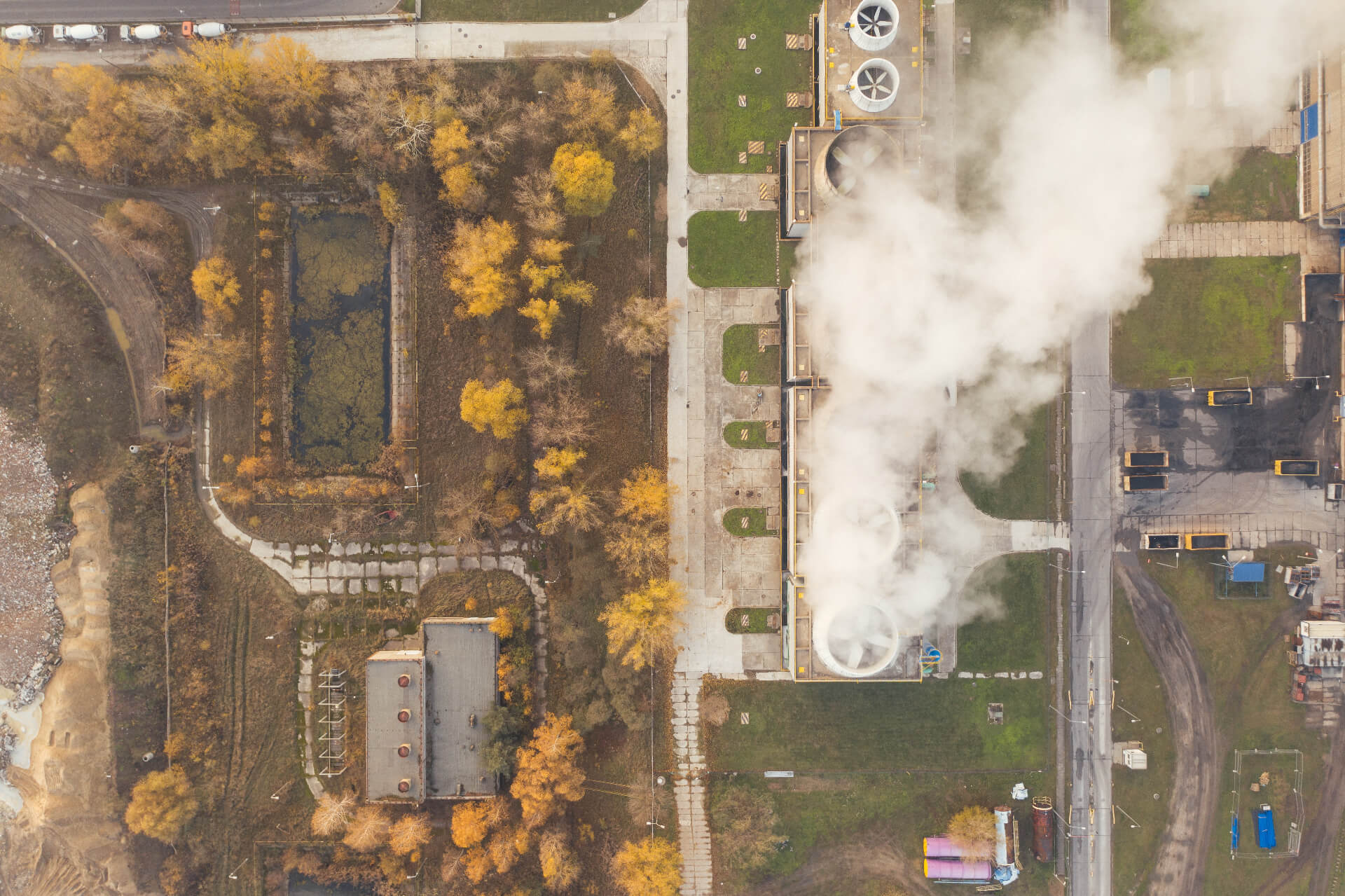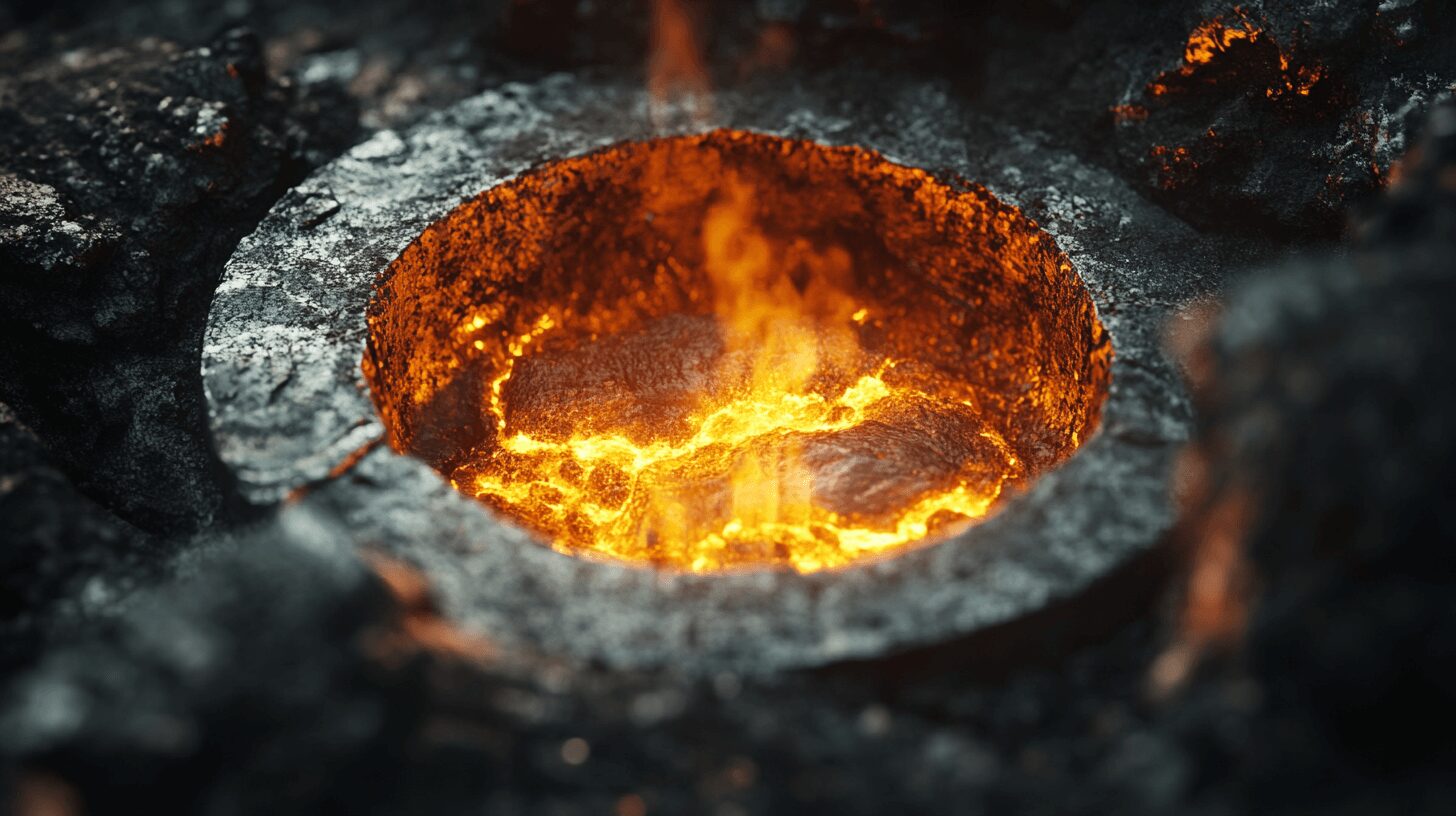
Is Natural Gas a Renewable Resource?
July 6, 2023 - Lou Farrell
Revolutionized is reader-supported. When you buy through links on our site, we may earn an affiliate commission. Learn more here.
Natural gas is a confusing resource — as a gas, it feels simultaneously infinite and not. However, it is one of the most contentious fuel sources in human history. Answering “Is natural gas a renewable resource” is challenging, especially when other energy generation methods can work alongside natural gas production. Plus, natural gas comes from organic materials, so how could it not be more eco-friendly? How do its environmental impact and usability compare to other fossil fuels?
So, Is Natural Gas a Renewable Resource?
Natural gas is not a renewable resource. It sits alongside coal, oil, and nuclear in the fossil fuel family. It’s one of the most common fuel sources on the planet, and many nations rely on it to power citizens’ homes and infrastructure. To be 100% renewable, the Earth must be able to replenish its stock of natural gas naturally, and it doesn’t.
Natural gas comes from beneath the Earth’s crust in the core. It radiates from the remains of decomposing ancient organisms and embeds into the geology, making extracting natural gas labor intensive and destructive.
Eventually, the gas coming from these organisms will run dry, making it finite. Theoretically, this process could happen again if similar organisms go under equal time and pressure, making it somewhat renewable in concept. However, this would take millions of years — time humanity doesn’t have when considering the adverse impacts of climate change. The United States only has about 90 years of natural gas stores left, and with increasing populations and energy demand skyrocketing, that number could go down.
What Are the Types of Natural Gas?
Every energy generation has nuances. Some natural gas types are more ethical or greener than others, despite them all hurting the planet from extraction to usage. Though it comes from the same place, the formation of natural gas happens in a few ways but only in landscapes without oxygen, and they include:
- Thermogenic: High temperatures form from sediment pressure, releasing gas as it breaks down the carbon bonds in matter.
- Biogenic: This matter is on the surface instead of below. The classic rotten egg smell emanates from farms and landfills because of cow manure and other organic matter — but it isn’t just that. It is because microorganisms eat and produce methane as a byproduct. These are called methanogens.
- Abiogenic: The planet already has carbon deposits that have existed since the beginning. They are chock-full of hydrogen. These naturally produce natural gas as they break down.
The industry uses these sources to produce the numerous gasses and oils necessary to power a fossil fuel-reliant planet. The most common is methane, the most critical detractor of natural gas because of how much it impacts the atmosphere.
Some could argue biogenic generation is more eco-conscious than other types of natural gas because it doesn’t require as many environmentally invasive measures as drilling. Even though natural gas produces organically, it doesn’t make collecting it and using it a source with a clean conscience.
Is There a Way to Make Natural Gas Eco-Friendly?
Mining natural gas tears up the environment to get to it and could be easier to store. The refinement process takes time, making most of the effort for natural gas destructive and promoting adverse impacts of climate change. However, some natural gas companies that long to keep funding attempt to take an environmental spin — with hydrogen.
Natural gas refinement produces hydrogen. Experts label this as blue hydrogen because each color of hydrogen dictates its origin. Natural gas companies are implementing hydrogen capture infrastructure to harness this previously wasted and untapped power source. It signifies they are trying to reduce waste and make natural gas production higher in value. However, there are ethical issues and ramifications for supporting this behavior.
Hydrogen is rising in research as one of the cleanest forms of energy if renewable resources produce it via electrolysis. The only byproduct is water, and its power generation is certifiably clean. Research and development must happen to advance these technologies into more cost-efficient and commercially sustainable technologies.
Climate change advocates suggest natural gas companies are stealing the limelight from greener hydrogen production. Fossil fuel companies using hydrogen capture still receive subsidies and greenwash their efforts to convince consumers that they are more eco-friendly — when in reality, they’re attempting to buy time and distract the public from how much they’re destroying the atmosphere with greenhouse gasses. Blue hydrogen cannot scale or become renewable.
What Will Happen Because Natural Gas Isn’t Renewable?
Most nations are calling for natural gas and fossil fuel bans. States like New York are starting with natural gas stoves and furnaces, while other states like California need help to get legislation like this off the ground. Though it mostly comes from an environmental motivation, governments must reframe the conversation as a public health issue to be more tangible for households who are used to working with gas equipment.
Many want to ban fossil fuels by a particular year to meet climate goals set by the UN and the Paris Agreement. It mostly starts with banning fossil fuel cars, but to create a circular planet that’s 100% renewable, it will have to go away permanently in the next few decades.
However, governments must pull resources away from fossil fuels and allocate them to clean energy to ensure the planet can handle the process.
So, Is Natural Gas a Renewable Resource?
Though the planet could make more natural gas over a long time, it’s not renewable within a reasonable time frame. Even though it produces a renewable energy source like hydrogen through refinement, there isn’t a way to spin the natural gas narrative to make it viable for Earth’s future. It can be an ideal medium through the planet’s renewable transition, but it’s not a long-term solution.
The more scientists reveal the damage natural gas causes, the more it will force productive contributions to cleaner energy. Eventually, perspectives will align to focus on better energy alternatives instead of believing natural gas will ever become a green fuel.
Revolutionized is reader-supported. When you buy through links on our site, we may earn an affiliate commission. Learn more here.
Author
Lou Farrell
Lou Farrell, Senior Editor, is a science and technology writer at Revolutionized, specializing in technological advancements and the impacts on the environment from new developments in the industry. He loves almost nothing more than writing, and enthusiastically tackles each new challenge in this ever-changing world. If not writing, he enjoys unwinding with some casual gaming, or a good sci-fi or fantasy novel.







